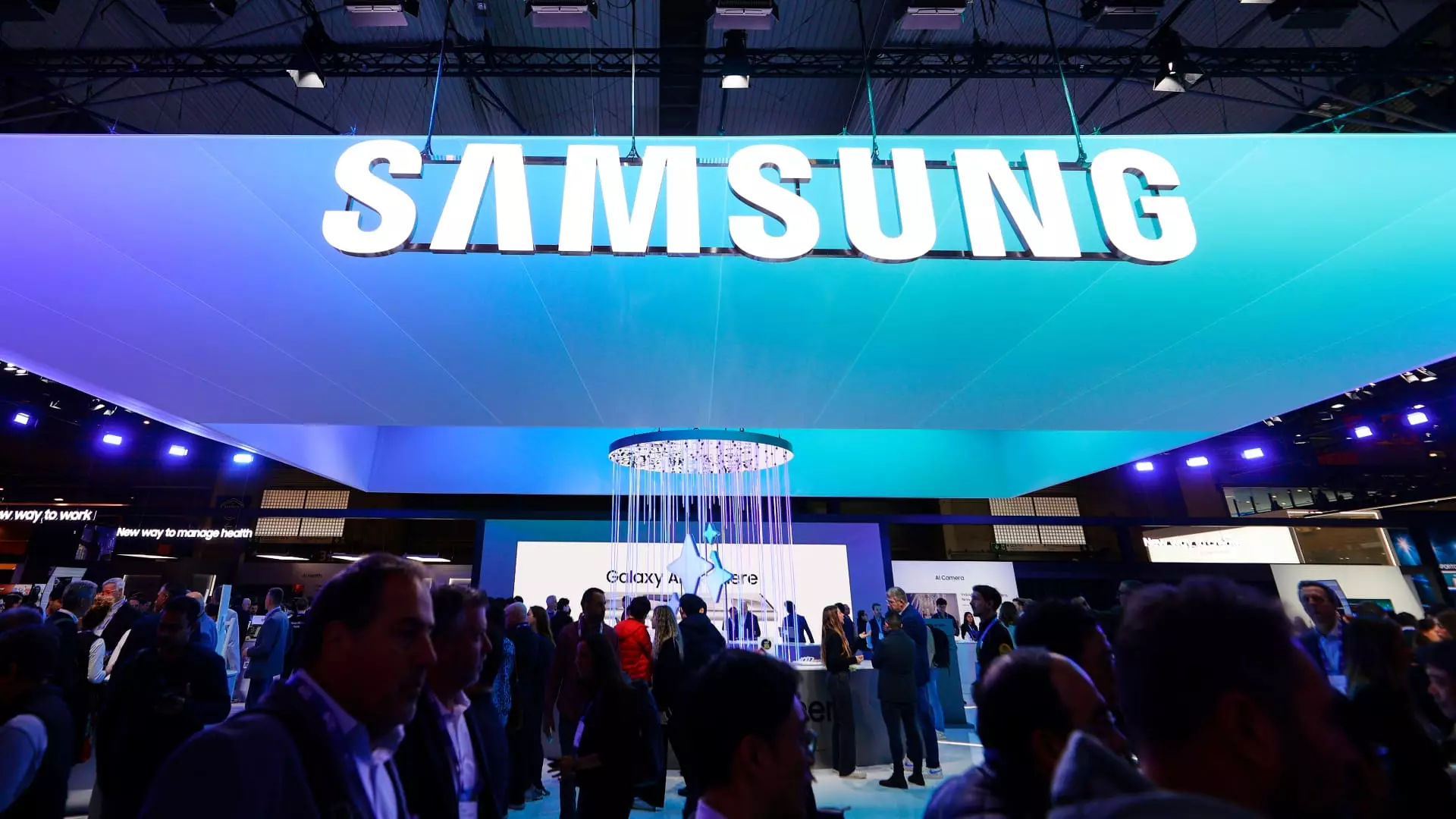Samsung Electronics, the South Korean tech giant, has recently made waves in the stock market with its impressive second-quarter profit expectations. The company reported that it anticipates better-than-expected profits for the April to June quarter, largely due to the increasing demand for artificial intelligence products. This announcement resulted in a significant boost in Samsung’s stock price, with shares reaching their highest level since January 2021.
According to Samsung’s guidance, the operating profit for the second quarter is projected to be approximately 10.4 trillion Korean won, marking a substantial increase of about 1,452% from the previous year. The expected operating profit surpassed analysts’ estimates, showcasing the company’s strong performance in the current market. Additionally, Samsung anticipates revenue for the second quarter to be in the range of 73 trillion to 75 trillion won, reflecting a significant improvement from the previous year.
The second quarter proved to be a turning point for Samsung, as the demand for memory chips surged due to the growing optimism around artificial intelligence. The company’s memory chip division, which faced challenges in 2023 amidst a slump in demand for tech products, experienced a remarkable recovery. Samsung’s memory chips play a vital role in various consumer devices, including smartphones and computers, making the company a major player in the global market.
Samsung’s strategy for the second quarter centered around the demand for generative AI, showcasing the company’s commitment to innovative technologies. The introduction of features for editing photos and leveraging AI capabilities in the Galaxy S24 Ultra smartphone highlighted Samsung’s efforts to stay ahead in the competitive tech landscape. While mobile demand remained stable, the focus on generative AI proved to be a key driver of growth for Samsung in the second quarter.
Despite the positive outlook for Samsung, challenges in the production of high-bandwidth memory (HBM) chips posed a potential setback for the company’s collaboration with Nvidia. The delay in HBM production impacted Samsung’s supply to Nvidia, a leading player in the AI chipset market. However, Samsung’s dominant market share and capacity in memory chip production ultimately helped the company maximize profits by leveraging higher average selling prices.
As Samsung prepares to release detailed second-quarter results later this month, the company’s strong performance and strategic focus on emerging technologies are expected to drive continued growth. The successful navigation of market challenges and the ability to capitalize on the demand for AI products position Samsung as a key player in the tech industry. With a solid foundation in memory chip manufacturing and a commitment to innovation, Samsung Electronics is poised for further success in the evolving digital landscape.

